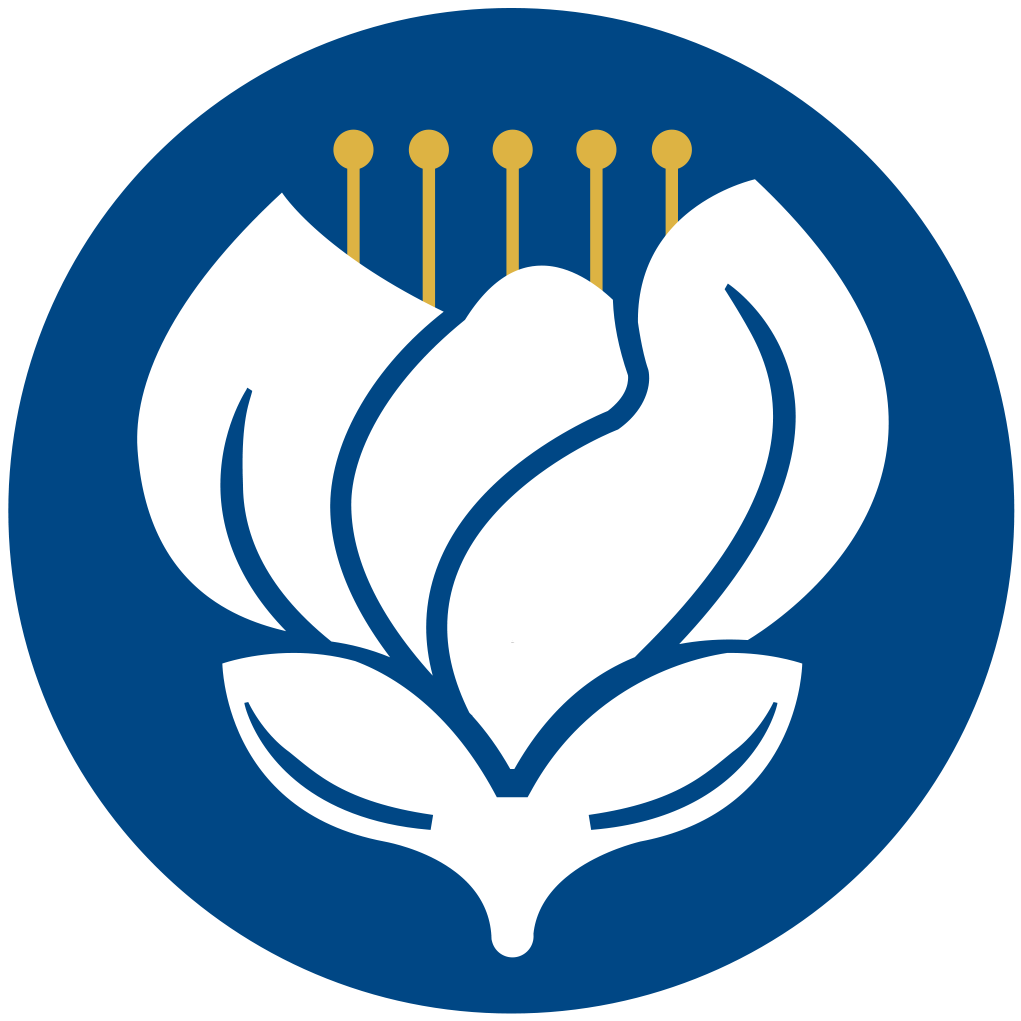About
Alexey Lushchenko received his B.A. in Asian Language and Culture (Hons.) from UBC in 2008 followed by M.A. in Asian Studies in 2010 and Ph.D in 2018. His main area of research is the development of vernacular literature in Japan in the 14th-18th centuries, with a focus on stylistic variation and language use in the network of military narratives influenced by gunki monogatari. In addition, he is interested in the interregional circulation of military fiction in East Asia. His other interests include reading of kuzushiji (cursive script) and kanbun (Sino-Japanese) texts, historical linguistics and socio-political dimensions of language and writing.
